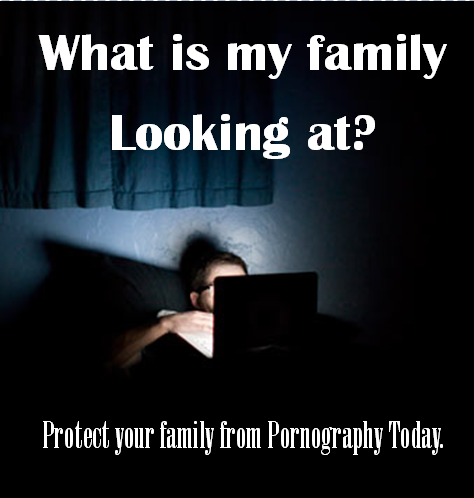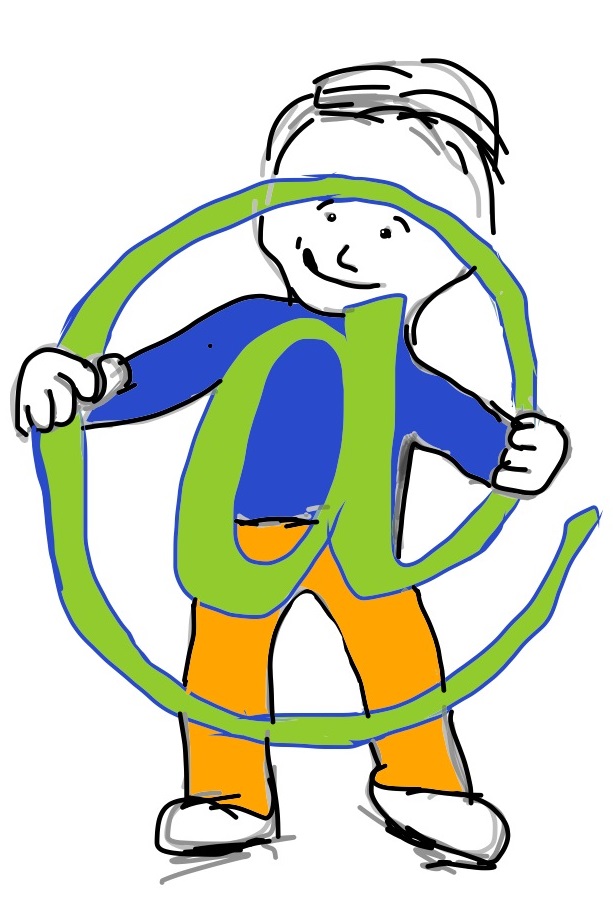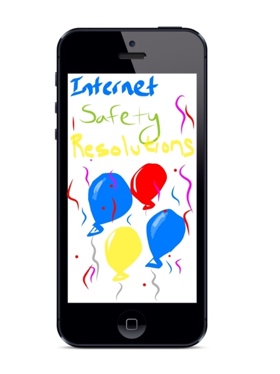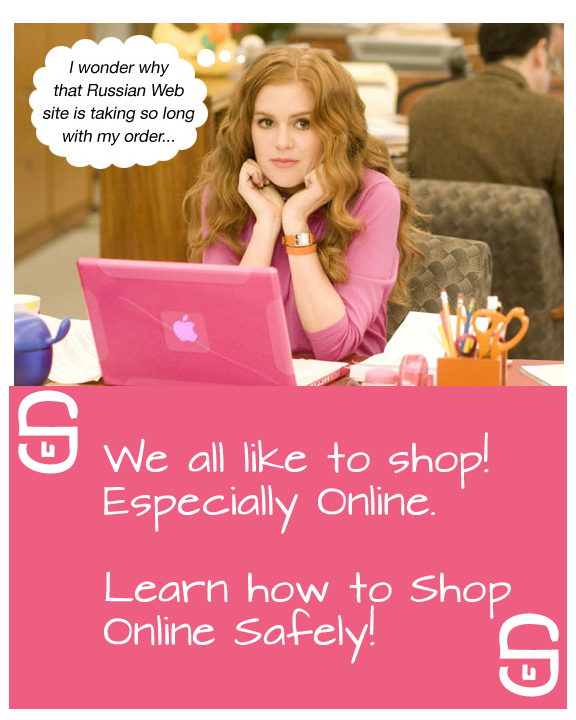Word to the wise regarding free McAffee from Facebook
I was curious when I read on someone's Facebook Newsfeed that Facebook is partnering with McAfee and offering all Facebook members a free 6 month subscription to McAfee.
This was the result of a virus that caused Spam messages through Facebook computers that were not protected with anti-virus. Here's the McAfee article.
Here's the catch – in order to download the copy, you have to supply a paypal or credit card account. So …. after the 6 months are up, you will be charged for the anti-virus product. Make sure you are o.k. with the pricing before you sign up. Most likely you will forget 6 months later and start getting charged.
If you end up canceling after 6 months, there is a false sense of security because you will no longer receive the updates.
My recommendation: If you are shopping for anti-virus, and anti-spyware, just something that will protect all of your computers. I liked the McAfee product that protects 3 computers. 34.99 for a year subscription, which is about $12 per computer per year. Product link
So … in the end … “There is no such thing as a FREE lunch.”
Other threats on Facebook that you should be aware:
- 419 Scams (and similar scams): Social-networking sites, such as Facebook, are places where people are more inclined to reveal their real names and personal information about themselves. Scammers then try to weasel their way into your virtual circle of friends and harvest sensitive personal information to later use in scams to try to trick you (or your friends) out of money. For that reason don't just be weary of someone from Nigeria asking for money. Falling for a Facebook scam is how Beny Rubinstein got scammed out of $1100.
- Phishing Scams: While McAfee's software will protect against malware, it will not protect users from phishing scams. Phishing scams trick users into giving away their passwords by posing as legitimate websites. The passwords are then used to hack/hijack the user's accounts – be it a Facebook, credit card, or bank account.
- Stranger Danger: The biggest danger on social-networking sites isn't malware, it's other people. Many people use their Facebook accounts to share various facets of their personal lives (including photos, phone numbers, addresses, and place of work), without considering the possible consequences. Depending on who can access this information (and many users forget to set adequate privacy settings), this can be very dangerous.








Leave a Reply